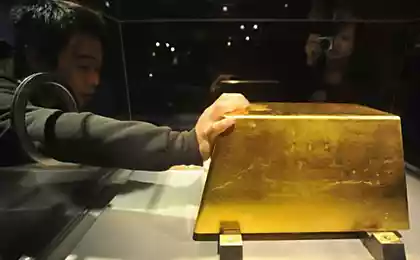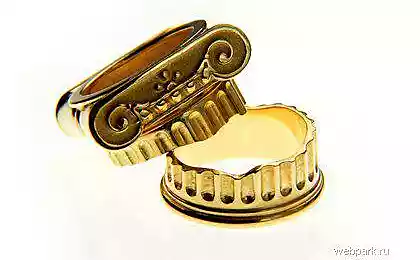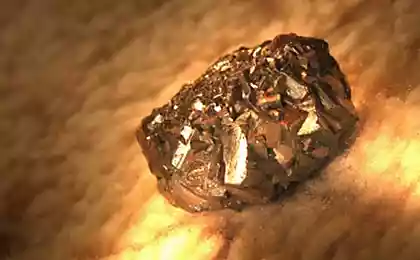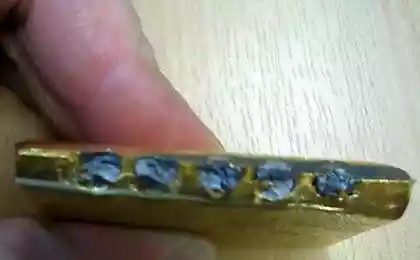593
Germany tried to turn sea water into gold
Ironically, nothing vyshlo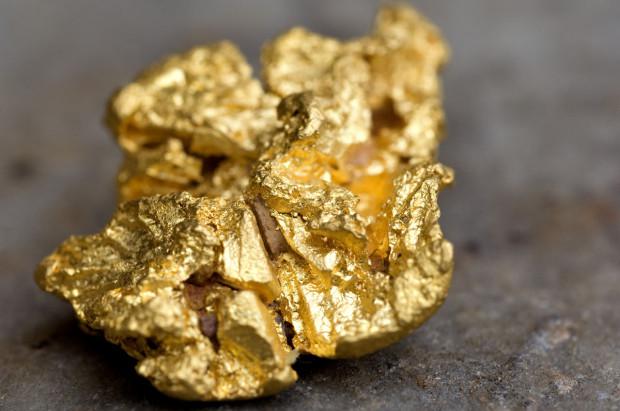
At the end of the First World War, Germany was obliged to comply with the law for damages and compensation. It was found that the country has to pay the allied troops of 50 000 tons of gold - needless to say that such a sum from the war-torn Germany was not.
Therefore, the government turned to one of his most brilliant minds, a man named Fritz Haber. Gaber has made a huge contribution to science in Germany, he received the Nobel Prize in 1918, for the removal of ammonia.
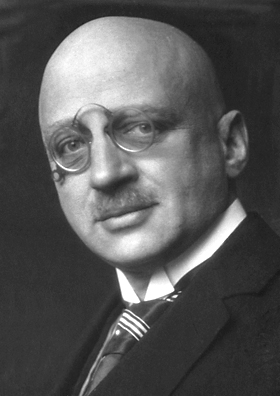
The scientist played a huge role in the development of German military might, and when it came time to pay nearly half a trillion dollars (at current rates), the government had hoped that he would be able to perform another miracle.
Haber turned to the sea. He knew that the sea water contains a lot of chemicals, compounds and minerals, including gold. The problem was only in the extraction of gold, as the decision would create a whole new source of revenue in Germany.
According to initial calculations Haber assumed that one tonne of seawater contains about 65 milligrams of gold-minute. It also meant that every 4 cubic kilometers of sea water contains 18 kg of the precious metal.
Gaber used a complex system of massive centrifuges and a variety of new products of science at the time. Under the guise of oceanographic research scientist and his crew sailed into the Atlantic Ocean for the measurement. After about two years of research Gaber finally realized he had made a big mistake: he overestimated the amount of gold in the water a thousand times, which made the operation to extract the metal viable project.
via factroom.ru

At the end of the First World War, Germany was obliged to comply with the law for damages and compensation. It was found that the country has to pay the allied troops of 50 000 tons of gold - needless to say that such a sum from the war-torn Germany was not.
Therefore, the government turned to one of his most brilliant minds, a man named Fritz Haber. Gaber has made a huge contribution to science in Germany, he received the Nobel Prize in 1918, for the removal of ammonia.

The scientist played a huge role in the development of German military might, and when it came time to pay nearly half a trillion dollars (at current rates), the government had hoped that he would be able to perform another miracle.
Haber turned to the sea. He knew that the sea water contains a lot of chemicals, compounds and minerals, including gold. The problem was only in the extraction of gold, as the decision would create a whole new source of revenue in Germany.
According to initial calculations Haber assumed that one tonne of seawater contains about 65 milligrams of gold-minute. It also meant that every 4 cubic kilometers of sea water contains 18 kg of the precious metal.
Gaber used a complex system of massive centrifuges and a variety of new products of science at the time. Under the guise of oceanographic research scientist and his crew sailed into the Atlantic Ocean for the measurement. After about two years of research Gaber finally realized he had made a big mistake: he overestimated the amount of gold in the water a thousand times, which made the operation to extract the metal viable project.
via factroom.ru
Why we love other people's self
China has banned reincarnation if it was not pre-plan approved by the government














